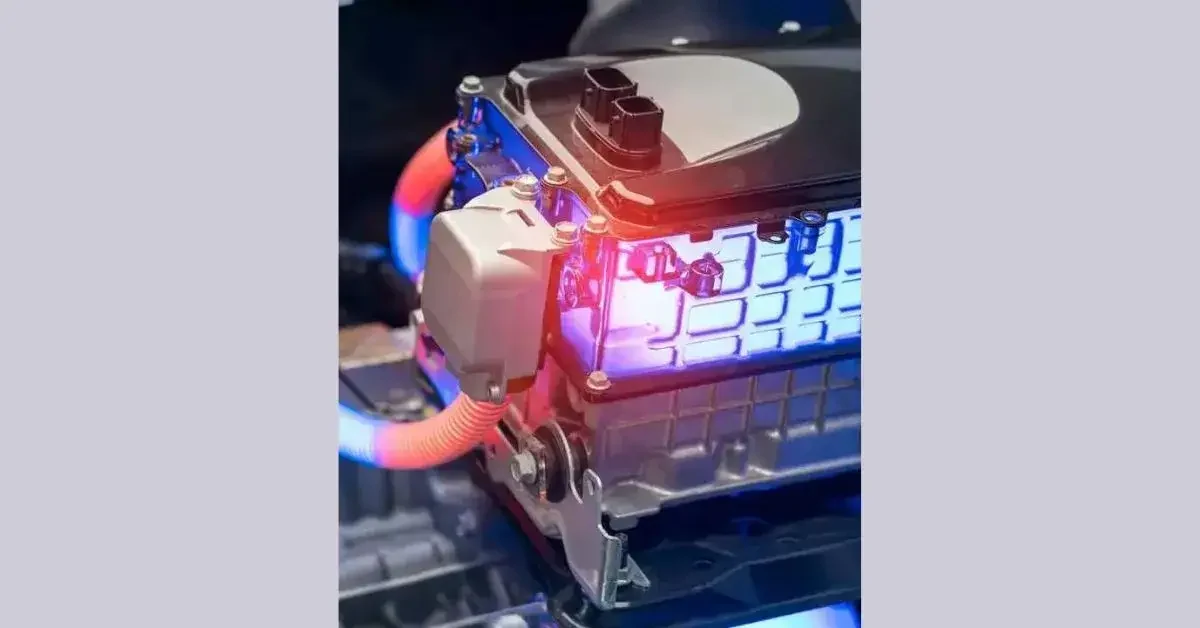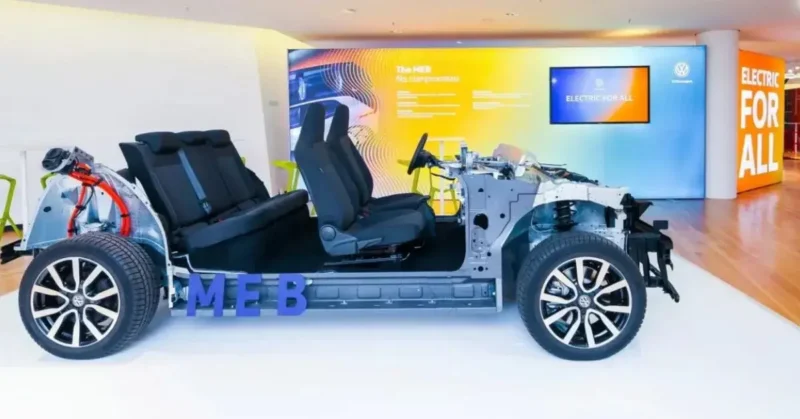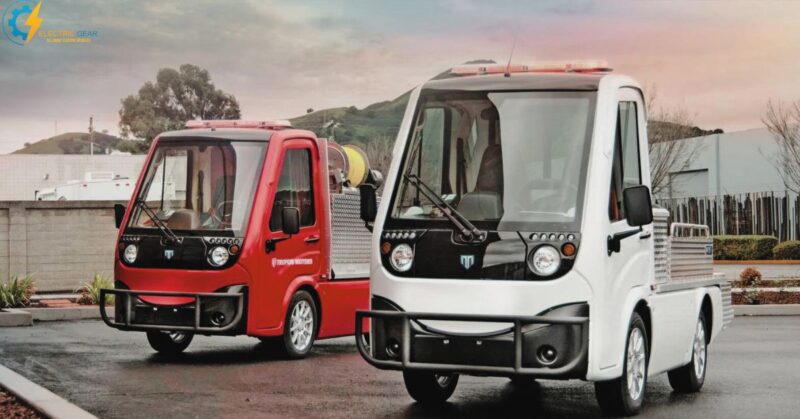The popularity of electric automobiles as a more environmentally friendly means of transportation is raising questions about the reliability of their batteries. The battery’s performance is closely related to an electric automobile’s driving range and overall operation, making it a critical component. In this article we will explore electric car battery life span and their unique features.
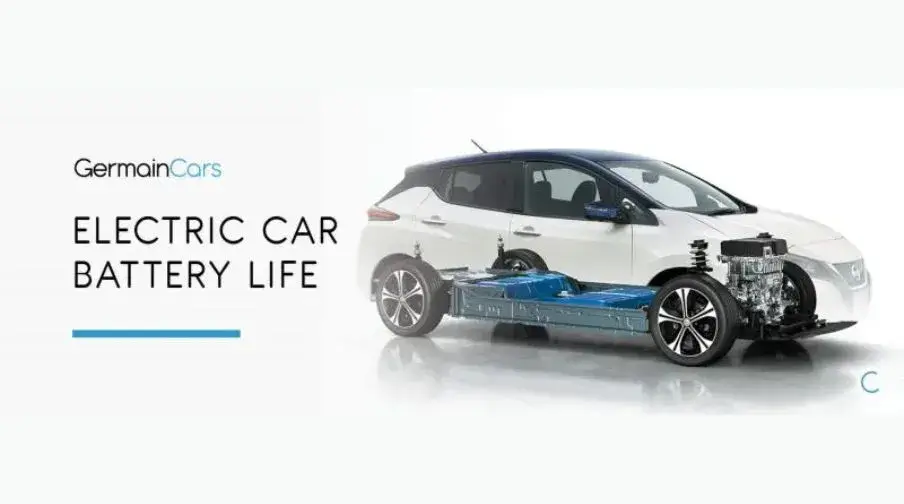
Many factors, including battery quality, charging routines, and environmental temperature, impact battery life. Batteries for electric vehicles can last for years if treated properly.
Unfortunately, batteries naturally degrade over time, so eventually, you’ll have to replace your EV batteries. In this response, we’ll discuss what affects an electric car battery’s life duration and offer advice on lengthening that term.
Electric Car Battery Life Span
The electric car’s battery packs are pretty resilient, with the lithium-ion being used in most modern EVs and having the capability of lasting at least 10 to 15 years or more than 150,000 miles before needing replacement. The most critical question about Electric Car batteries is how long the life span is.
EV batteries are considered to have their second life after covering 150,000 on the road.
According to Graeme Cooper’s statement, an EV battery is most likely to outlive the vehicle,” today, almost 15 years is the life expectancy of most EV batteries – and a second life beyond.”
Technological advancements are increasing at a rapid pace, so we are more likely to experience sooner rather than later the increased lifespan of EV batteries, along with turning batteries cheaper, smaller, and lighter.
You must consider some essential things before purchasing an electric car. One of the vital points, whether you have an electric vehicle or are considering buying it for the future, is how long the electric car battery lasts.
EV Battery Life Expectancy
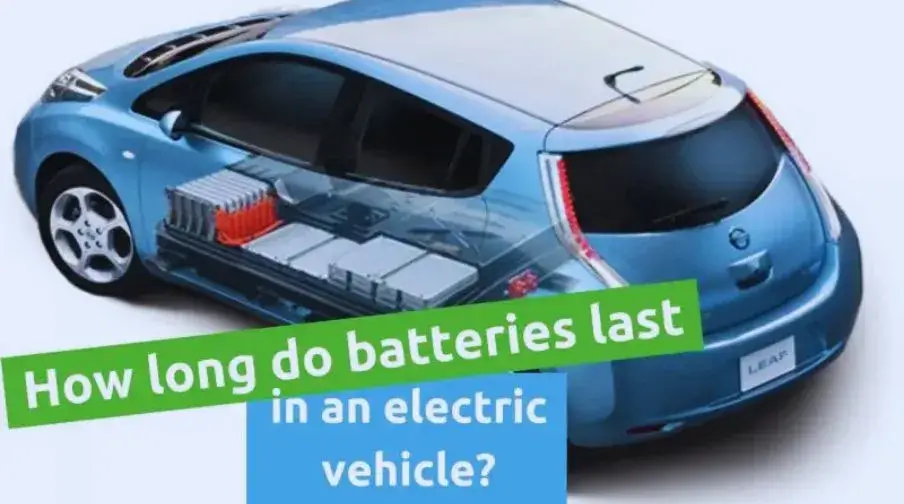
The manufacturers make all the EV battery packs so delicately that these batteries are expected to retain their charging and discharging capacity in the 100000 to 200,000 miles range. Due to manufacturers’ confidence, most EV batteries bear an extended warranty of up to 8 years or 100,000 miles.
EVs sold worldwide include a battery warranty for up to 8 to 10 years and roughly 100,000 miles, while California extends that warranty to 10 years or 150,000 miles. Tesla provides an eight-year warranty and 100,000 to 150,000 coverage on the road.
Several factors affect the battery’s health during the average lifespan of an EV battery lasting up to 10-20 years.
Hotter climates and charging the battery at the level 3 charging station, which can charge the battery in 30 minutes for quicker charging, affect the performance and longevity of the battery.
How Long Do Electric Vehicle Batteries Last?
While buying an electric vehicle, the primary concern of buyers is to ask the question about the battery life span. According to current projections, most EV batteries must be changed after 10 to 20 years.
However, a survey by Cox Automotive found that many potential buyers of electric vehicles are reluctant to purchase them because of worries about the cost of battery replacement and its longevity.
On average, just under half of those considering buying an electric car believe the battery will last for less than 65,000 kilometers.
The manufacturer’s warranty is the most straightforward method of determining how long a battery pack will last. Thus, the battery’s limited warranty gives a glimpse into the minimal life expectancy the manufacturer believes the average package would have.
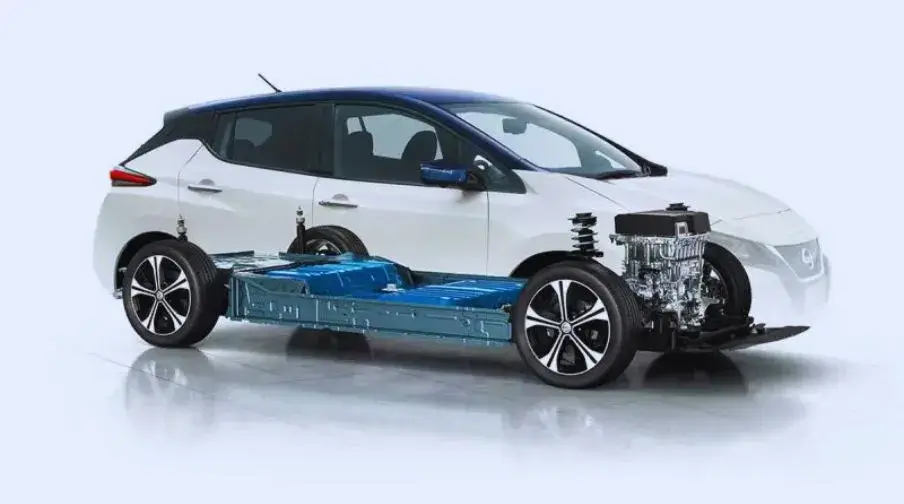
At least an 8-year or 100,000-mile battery guarantee is included with every electric car sold worldwide today. For instance, depending on the Model, Tesla provides a 100,000-150,000-mile coverage period and an eight-year battery guarantee.
Furthermore, technological advancement has reduced battery downgradation, and you rarely need to replace the entire battery pack as if it were downgraded. Instead, you can go simply by replacing its dead cells.
Life Span and Warranty of Different EVs
People’s concern about the battery duration of electric vehicles (EVs) is not new; they worry about the question, “How long does an Electric car battery last?”
Here is the drop-down of some of the electric vehicle’s battery lifespan:
Tesla Battery Life Span and its Warranty:
Tesla is a pioneer in the electric vehicle industry, producing high-performance models with impressive ranges. Tesla’s battery packs are covered by an eight-year, 120,000-mile guarantee covering manufacturing faults and capacity reduction up to a specific point.
Tesla claims the battery will keep at least 70% of its original capacity for the warranty period (10 years).
The battery’s longevity and the expense of replacing it are thus both eliminated, allowing Tesla customers to enjoy their vehicles for a very long time. In addition, Tesla has a recycling scheme for batteries that ensures the ethical disposal and reuse of used batteries.
Tesla claims its battery packs are built to “outlast the vehicle” in terms of longevity. According to Tesla, after 200,000 miles of use, the Model S and Model X batteries only lose 10% of their total capacity. Tesla says at least 70% of battery capacity remains intact for all models throughout the warranty term.
Toyota EV battery lifespan and warranty:
Toyota has been at the forefront of the car industry for decades, and in recent years, the company has made outstanding achievements in electric vehicles. The battery packs in Toyota EVs (including the Prius Prime and the RAV4 EV) are guaranteed for eight years or 100,000 miles.
The Toyota EV battery is guaranteed to retain at least 70% of its original capacity for the duration of the warranty, and any manufacturing flaws are also covered. Toyota has not disclosed the exact lifespan of the batteries used in their electric vehicles, although these batteries have a reputation for longevity and reliability.
For eco-conscious motorists, Toyota’s electric car batteries are a good investment because they should provide reliable performance for many years with proper care and maintenance.
Kia EV battery life span and warranty
Kia’s electric vehicle battery packs are covered by a seven-year, 100,000-mile warranty that includes repairs for faults in materials and workmanship and guarantees the battery will retain at least 70% of its initial capacity.
Kia uses cutting-edge battery management systems to maximize the battery life of its electric vehicles, which should last for at least ten years with regular charging and maintenance.
BMW EV battery life and warranty
There is an eight-year/100,000-mile warranty on the battery packs of BMW’s EVs (including the i3 and iX3).
The battery is promised to retain at least 70% of its original capacity for the duration of the warranty, and any manufacturing flaws are also covered. With regular charging and maintenance, BMW’s e-car batteries are constructed to endure for at least ten years.
Several variables can affect how long a battery lasts, including how often it is charged, how hot it is, and how often you drive.
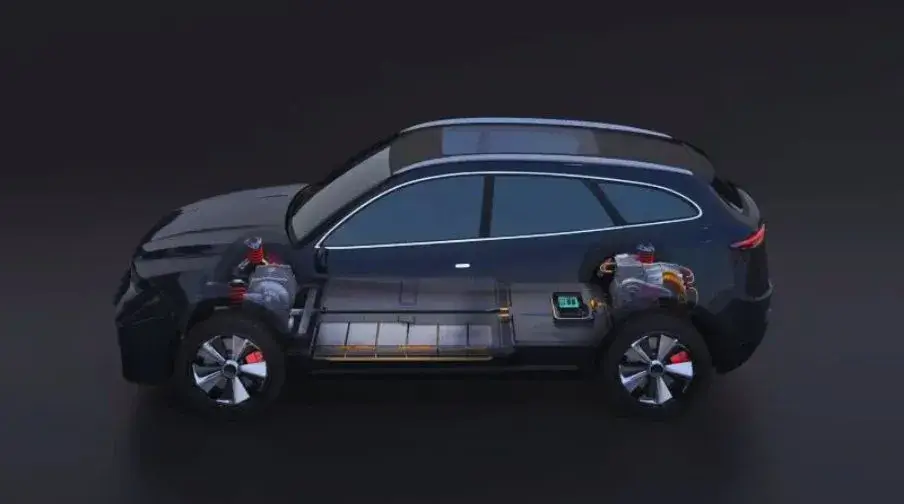
Hunyadi’s battery life and warranty:
Hunyadi is a newer electric vehicle market player aiming to make environmentally friendly and cost-effective vehicles. Although the company has not yet launched an electric vehicle, it has promised a six-year/100,000-mile warranty on its battery packs.
The battery is guaranteed to retain at least 70% of its original capacity for the duration of the warranty, and any manufacturing flaws are also covered.
Hunyadi has not disclosed a specific battery life expectancy for its EVs. However, like other EV manufacturers, their batteries would be affected by quality, charging routine, and environmental temperature.
Battery life for Hunyadi’s electric cars is said to be several years, with regular charging and maintenance. It makes them a viable option for cost-conscious buyers of electric vehicles.
Hunyadi provides a comparable guarantee for the Ioniq 5, whose battery span can be ten years or 100,000 miles. Hunyadi expects the battery pack in the Ioniq 5 to lose no more than 30% of its initial charge during a warranty period.
Major Factors Reducing EV Battery Lifetime
Some of the leading factors affecting the longevity and mileage of electric cars are listed below.
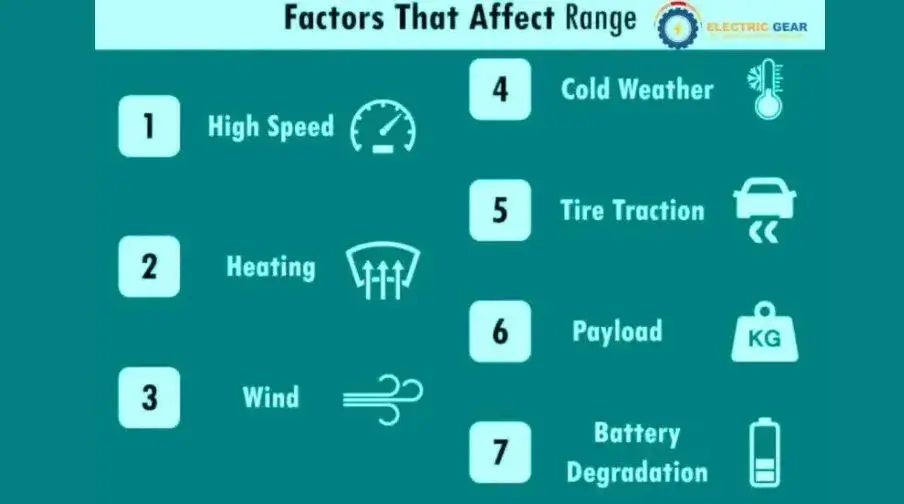
- Type of Battery
- High Temperature
- Weight
- Vehicle Use and Care
- Overcharging or high-voltage
Type of Electric Car Battery
Electric vehicles’ battery life is mainly based on the Model and settings. The type of battery utilized can also affect how long an electric car battery lasts.
High Temperatures
There is a specific temperature range, or optimal temperature, for EVs to perform at their best.
An electric car’s performance and battery life will suffer at temperatures outside this range. Extreme weather conditions, either heat or cold, are more likely to affect battery health and mileage.
Weight
Like the wind, the electric motor has to work more to counteract the weight of a heavier payload. It is safe to predict that the efficiency of EV batteries will decrease as you add more passengers and goods to the vehicle.
Vehicle Use and Care
The way of keeping, maintaining, and driving the vehicle affects the efficiency and performance of EV batteries. It includes when some EV owners plug in the charger on low battery, almost at 5%, and charge the battery often. It can shorten the vehicle’s battery lifespan.
Battery Charging
The number of times a lithium-ion battery is charged and discharged is referred to as its one cycle, and its capacity degrades as the number of these cycles grows. Battery life is determined by those cycles.
Once the battery is fully charged, there’s a need to keep the battery voltage from getting excessive. That is why batteries come with a battery management system (BMS) which controls the charging voltage so the charging voltage and temperature for the battery may not exceed.
How to Preserve the Lifespan of an EV?
Here are some short steps to increase the life expectancy of an electric vehicle (EV) battery:
- Avoid letting the battery charge drop too low: It’s best to keep the battery charge level between 20% and 80% as much as possible. Try to avoid fully charging or fully discharging the battery regularly.
- Use a Level 2 charger: Level 2 charging stations provide a more stable and consistent charging current, which can help extend the battery’s life compared to using a Level 1 charger.
- Avoid exposing the battery to extreme temperatures: High temperatures can cause the battery to degrade faster, so park the car in a shaded area or garage when possible.
- Use regenerative braking: Many EVs have systems that convert the car’s kinetic energy into electrical energy to recharge the battery. This can help reduce wear and tear on the brakes and extend the battery life.
- Avoid fast charging too often: While fast charging can be convenient, it can also stress the battery more and reduce lifespan. Try to use fast charging sparingly and only when necessary.
- Keep the battery cool: Some EVs have battery cooling systems that help regulate the battery’s temperature. If your car has this feature, make sure it’s working properly to help extend the battery’s life.
- Maintain proper tire pressure: Keeping your tires properly inflated can help reduce the energy the car needs to use and can also help extend the battery life.
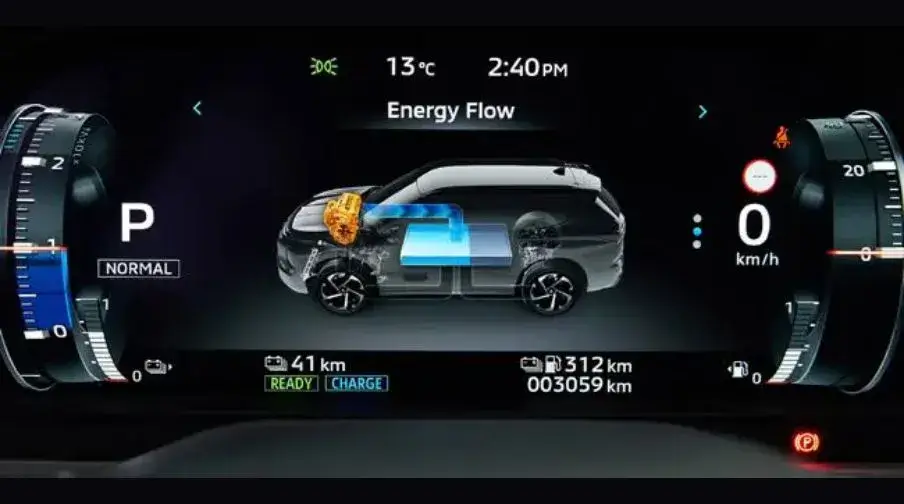
By following these steps, you can help extend the life of your EV battery and get the most out of your vehicle.
EV With the Longest Battery Life Span
The Tesla Model S is an electric vehicle (EV) that has demonstrated a long battery life span of over 500,000 miles. The liquid-cooling system built into Tesla’s batteries helps maintain a consistent temperature within the battery pack, reducing the battery’s wear and tear rate.
The Chevy Bolt EV, like other models in its class, has a remarkably long battery life due to the low rate of battery deterioration it shows. Remember that the battery’s lifespan depends on several circumstances, and careful care and use can significantly increase its service life.

Imran is an experienced content writer who crafts engaging and informative articles for a variety of industries. With a keen eye for detail and a passion for storytelling, Imran delivers high-quality content that resonates with readers. Whether he’s writing blog posts, social media content, or website copy, Imran is committed to delivering compelling content that drives results.

